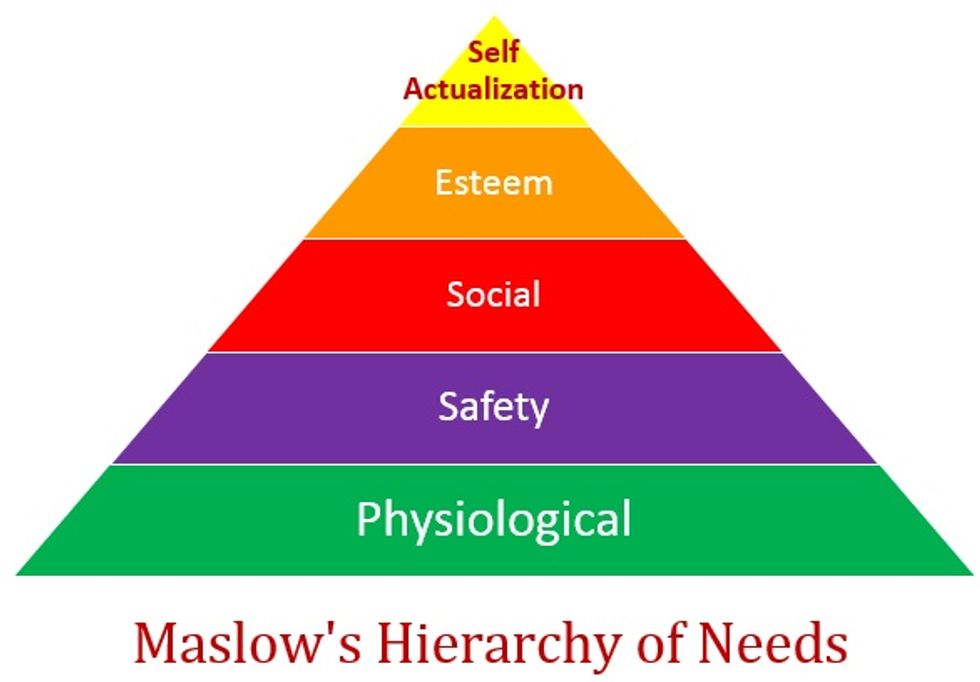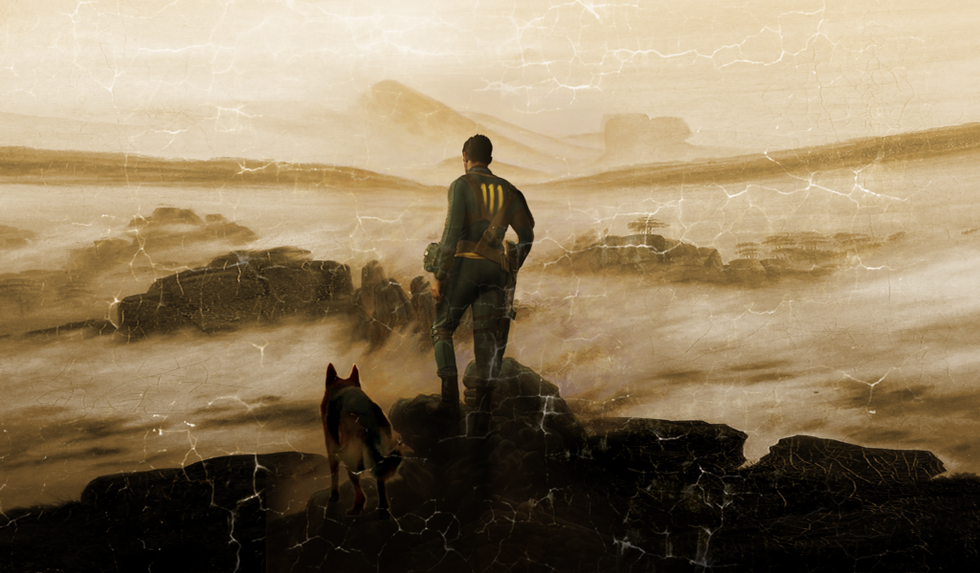As an introvert, I like spending time alone. However, as a human being, there comes a time when even I long for human interaction. This is something I noticed when I started working my first job from home. At first, it was like I hit the jackpot. I could sit around all day on my couch and do my work in my sweatpants. Then, as the days passed by, I started to get lonely. This got me thinking. Is loneliness a first-world problem? According to Maslow's Hierarchy of Needs, physiological and safety needs are much more important than social needs. Does this mean that people in third-world countries who don't have access to shelter, food, and water, never get lonely?
This past semester, I took British Literature and I read a lot of Old English poetry. These poems were all written in the Middle Ages, where there wasn't any plumbing, sanitation, heating, air conditioning, and to make matters worse, the Black Plague was spreading across Europe. What fascinated me about these poems the most was the subject matter of them. A majority of the literature did not focus on physiological or safety needs, even though the author definitely food and shelter. Instead, the poems focused primarily on loneliness.
The worst part about the Black Plague was not the fear that you, yourself, might get contaminated, but that the people you loved would. The worst possible fate someone could face was a lifetime of loneliness once all their companions died. This suggests that loneliness is not a problem that one only feels once their physiological and safety needs are met. The desire for social interaction, companionship, and love is even stronger than the desire for a roof over your head.
The poem, The Wanderer, is about a man whose entire clan passed away, and he laments his own life. He is unhappy that he survived because he must survive without his friends. The Wanderer is forced to go on with his journey without any companionship, and to him, it is a fate worse than death. His exile is far more painful than any physical ailment or hardship he encounters. In fact, at the end of the day, no matter how challenging his journey is, he still feels lonely.
Perhaps the reason that we desire companionship so much, even when our physiological and safety needs aren't met, is that we need someone to help us through our struggles. We don't want to forge through life alone. Today, we're not fighting for our lives, running from the Black Plague or invading clans, but we still need that human companionship to help us through the small things. Sometimes we just need a hug at the end of a hard day, filled with our petty first-world problems.

















